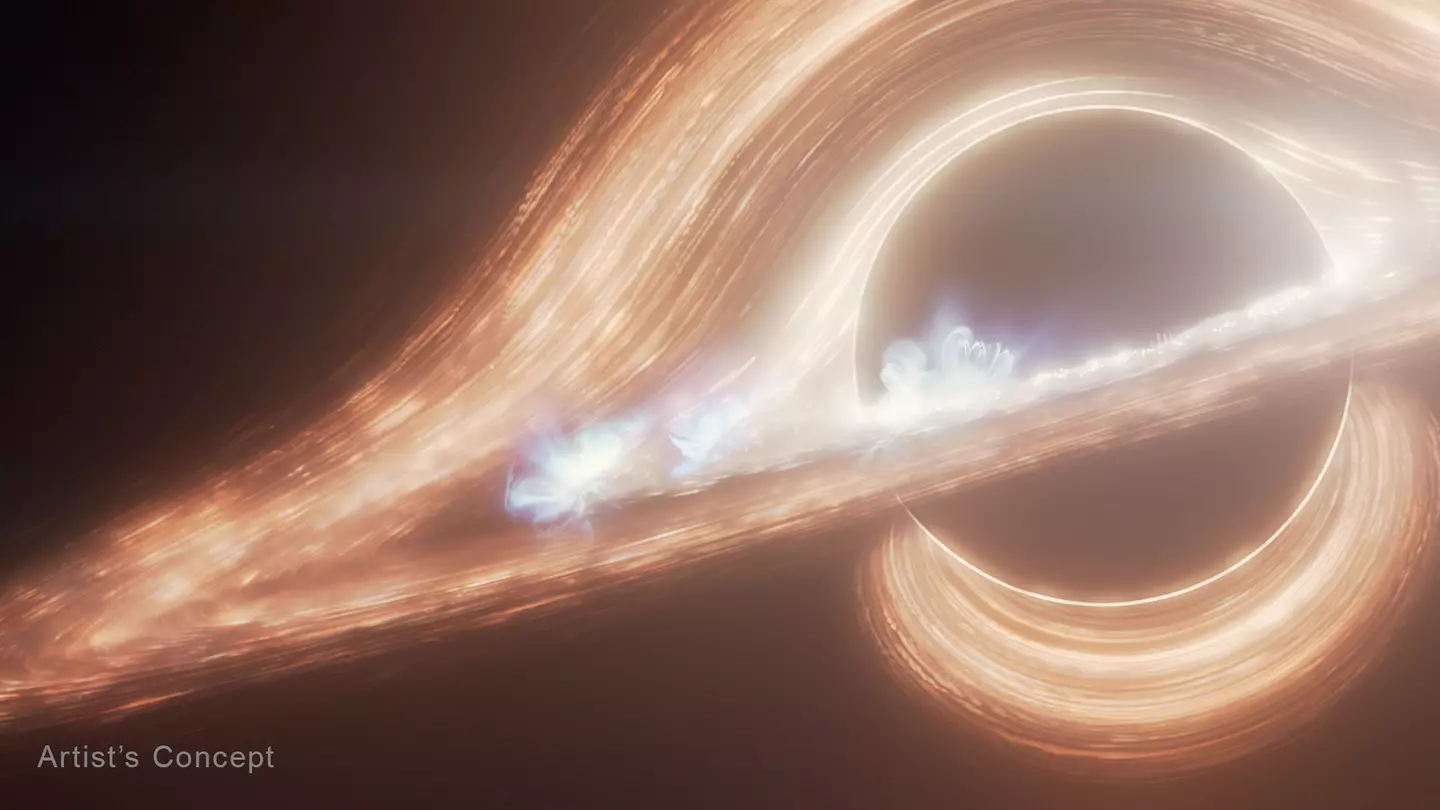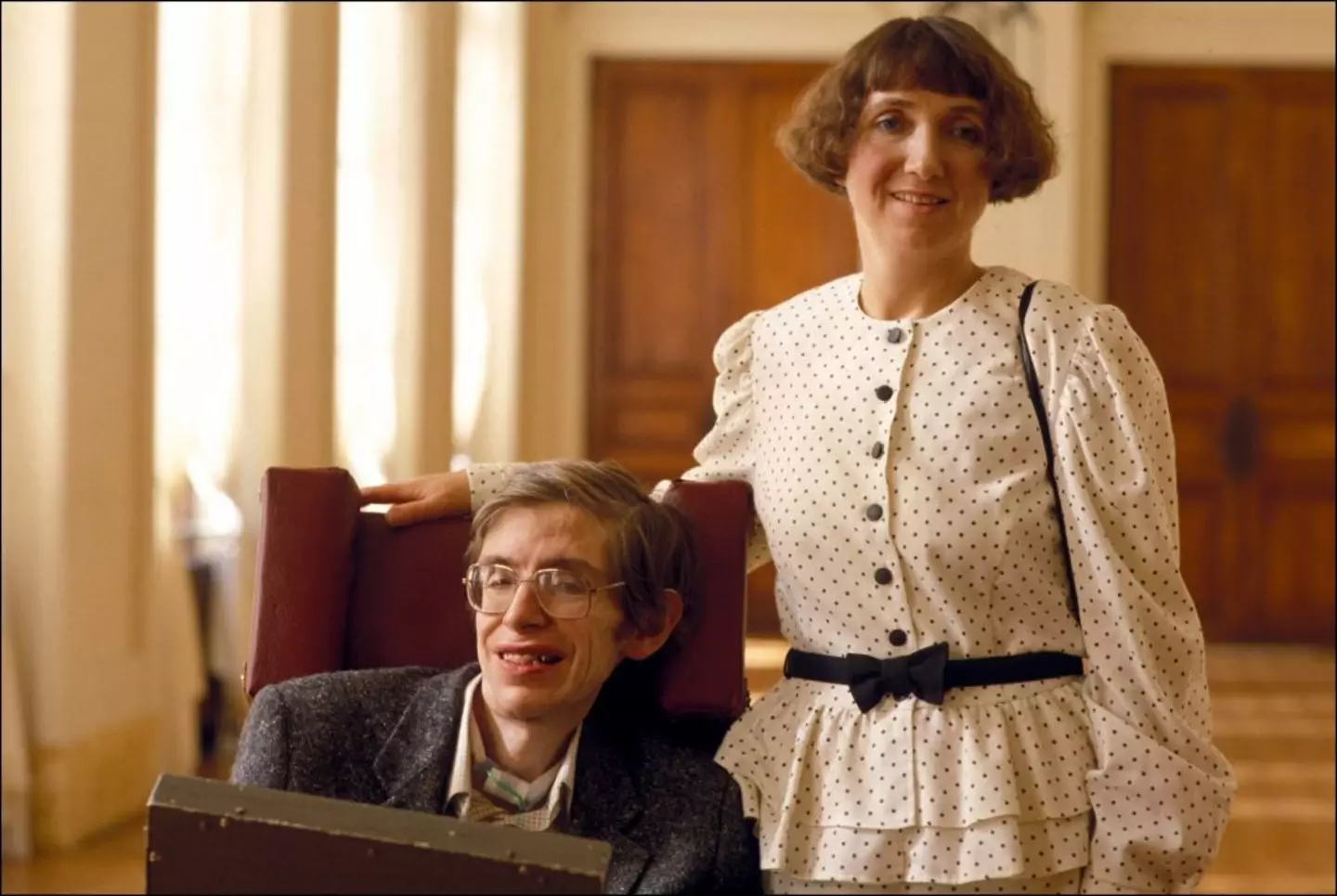The brilliant Stephen Hawking provided a parting gift to humanity before his death, as he detailed the moment it became clear that his health was deteriorating.
After battling with motor neurone disease (MND) for 55 years, on March 14, 2018, one of our planet’s greatest minds passed away due to complications with his chronic condition – but not before giving one final piece of advice to the world.
The 76-year-old theoretical physicist is known for his astronomical contribution to the theory of space and time, providing in-depth detail into how black holes work – more than 1,000 light years away from the closest one to Earth.
Speaking about what he believes the future holds for mankind, the Oxford-born Brit said: “There are many ambitious experiments planned for the future. We will map the positions of billions of galaxies, and we will better understand our place in the universe. But we must also continue to go into space for the future of humanity.
 Stephen Hawking’s contribution to modern science and our understanding of space and time has been astronomical – if you pardon the pun! (Bryan Bedder/Getty Images for Breakthrough Prize Foundation)
Stephen Hawking’s contribution to modern science and our understanding of space and time has been astronomical – if you pardon the pun! (Bryan Bedder/Getty Images for Breakthrough Prize Foundation)
“I don’t think we will survive another thousand years without escaping beyond our fragile planet. It has been a glorious time to be alive, doing research in theoretical physics.
“The fact that we humans, who are ourselves mere collections of fundamental particles of nature, have been able to come this close to an understanding of the laws governing us and our universe is a great triumph, and I am happy if I have made a small contribution.”
Before offering one final piece of advice to humanity: “I want to share my excitement and enthusiasm about this quest, so remember to look up at the stars and not down at your feet. Try to make sense of what you see, and wonder about what makes the universe exist. Be curious.

It is thanks to Stephen Hawking that we know such great deal about black holes (NASA, ESA, CSA, Ralf Crawford (STScI))
“And however difficult life may seem, there is always something you can do and succeed at. It matters that you don’t just give up. While there’s life, there is hope.”
The cosmologist’s thoughts reflect how his outlook on life changed after being diagnosed with MND, a rare debilitating condition that damages the motor neurons in the brain and spinal cord, at the age of 21.
Over the course of more than a decade Hawking’s health rapidly declined, leaving him completely paralyzed by 1970 – 17 years after his early-onset MND diagnosis.

Hawking and his ex-wife Jane Hawking pictured back in 1989 (Gilles BASSIGNAC/Gamma-Rapho via Getty Images)
Touching on how his life changed following the devastating discovery, he said: “At first I became depressed, I seemed to be getting worse pretty rapidly – there didn’t seem any point working on my PhD, because I didn’t know if I would live long enough to finish it. I had come to Cambridge to do cosmology, and cosmology I was determined to do.
“Then the condition developed more slowly, and I began to make progress in my work. After my expectations had been reduced to zero, every new day became a bonus, and I began to appreciate everything I did have.
“And there was also a young woman called Jane, whom I had met at a party. Getting engaged lifted my spirits, and I realized while there’s life, there is hope.”
Humanity will be forever grateful to Stephen Hawking and his contribution to modern science.


